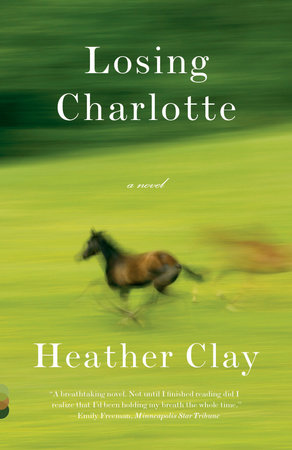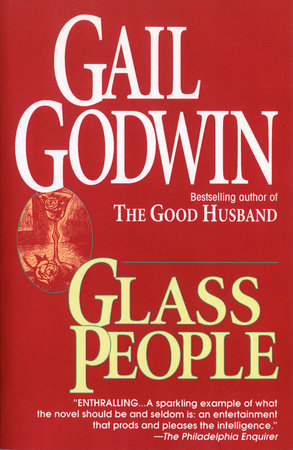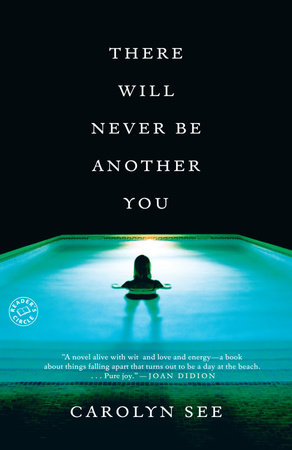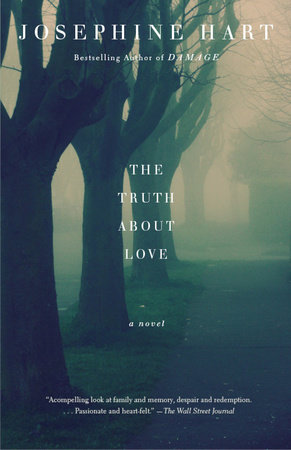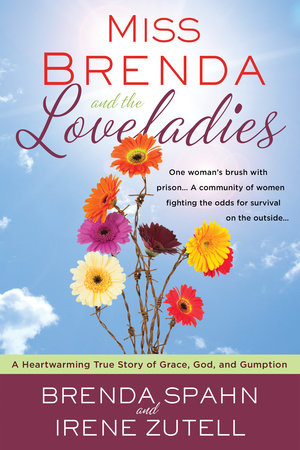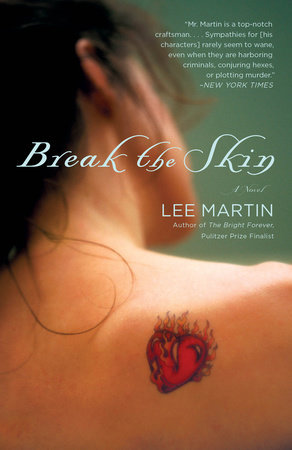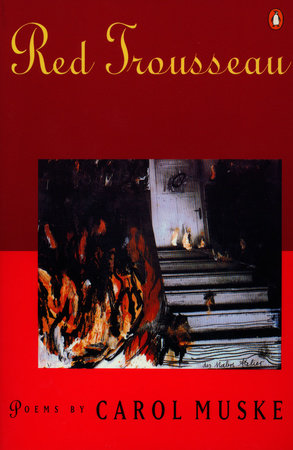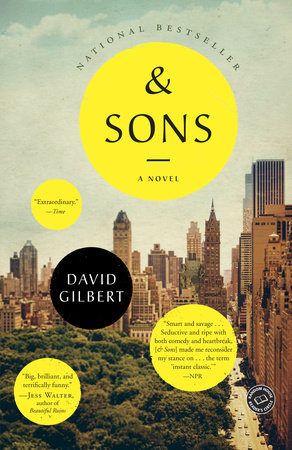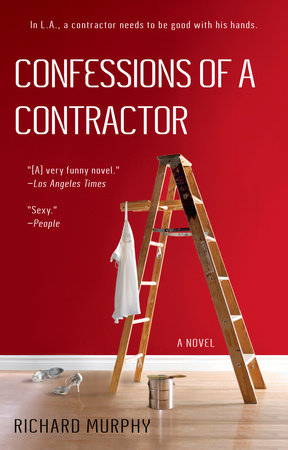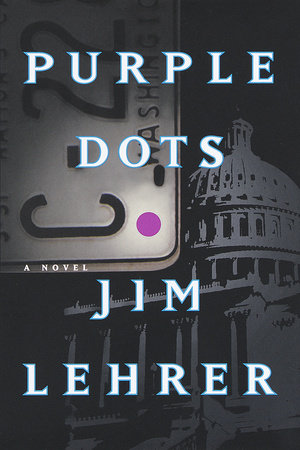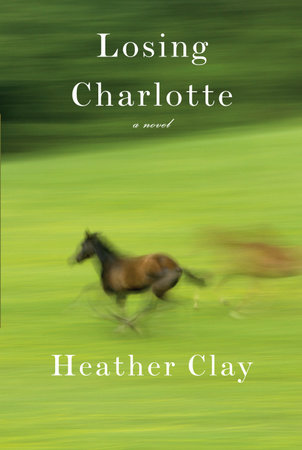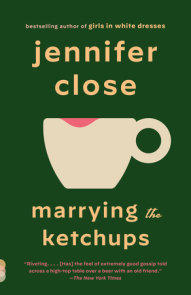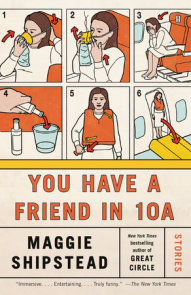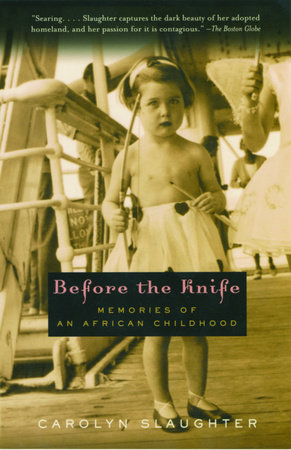Author Q&A
Q. This is your first novel. What was your inspiration for writing Losing Charlotte?
A. I had heard of maternal deaths like the one that occurs in Losing Charlotte, and I suppose the inspiration for a book came at the point my imagination took over after the bare facts of such accounts had been related to me. These deaths are rare, but they do happen, and the idea of something so Victorian happening in a modern hospital setting led me to wonder how such an event would affect the modern family – in which, for example, the old-fashioned expectation that a widower might court his wife’s surviving sister has ceased to exist, but might be rattling around subconsciously somewhere in the mind of one or more of the characters. The plot and questions that coalesced around such an event brought much that I wanted to explore about family ties, place, and the gaps siblings are asked to fill in for one another to the surface, and the writing took off from there.
Q. The story unfolds in two locations: a horse farm in Kentucky and the West Village in New York City. You live in New York now. Did you grow up on a farm?
A. I did. The setting of Four Corners Farm is almost completely autobiographical; my family runs a Thoroughbred horse farm in central Kentucky, which functions as its own little universe, and had always been a seminal place in my life and writing. The contrast between the two places where I spend the majority of my time – Kentucky and New York – and between the notions of North and South, as well as the community life on a family farm necessitates versus the isolation and independence possible in a large city, seemed fertile ground to plow as I told the story of two sisters with very distinct personalities and lives.
Q. The story is told from the perspectives of two characters—Charlotte’s sister Knox and Charlotte’s husband Bruce. Did you always know that Charlotte’s character would come to be shaped through Knox and Bruce? Who was more difficult to write?
A. The novel went through more populous incarnations; at one point, every character in it had a voice. But as the book began to take shape in part as the story around an absence, a lacuna which each of Charlotte’s family members would describe somewhat differently and mourn differently, it made sense to me to focus in on the two characters who had the most to lose when she died: Bruce, for obvious reasons, and Knox, because she has so much unfinished business with Charlotte, and because she defines herself by the ways in which she is different from Charlotte, and has no practice existing without her sister to measure herself against.
I knew I wanted Knox and Bruce in the same house, bumping up against each other and caring for babies, but throughout, I found Bruce’s voice much easier to write in. I’m not sure why. Perhaps I chafed at times against Knox’s regressive tendencies, her desire to arrest herself in an idealized past. Or simply that Bruce’s story falls more outside my own experience, so I felt freer to imagine it.
Q. The first thing we read about Bruce is that he “had learned early that mothers can leave.” How does this fact from his childhood prepare him for losing his wife and mother of his babies? How does this affect his view on fatherhood?
A. I think part of what makes Bruce so passionate about Charlotte, despite his whispered, interior misgivings about their relationship, is his knowledge that the people we love aren’t going to be here forever. This makes him both more trusting and fervent than he otherwise might be, but also more fatalistic; he knows the other shoe can drop. He thus clings doggedly to whatever he has, and though initially, perhaps, the idea of children strike Bruce as a threat to the world he’s created with Charlotte, his boys become part of that. Knox is the same, in a certain way; her idea of the intact family unit is what she clings to, what makes her feel safe. I think Bruce will have to work hard not to be too smothering a father.
Q. Your writing is very sensual, especially the descriptions of Charlotte, the title character who haunts the story. When I picture her in my head, she’s definitely stretched out by a fireplace, blinking slowly with her dreamy eyes. Did you have any particular people in your own life in mind when you invented her unique character?
A. Charlotte is a composite of women I have known and imagined who get to use beauty
as a currency, but also butt up against accepted ideas about what is beautiful, or perfect, or easily likeable. Women who could live on a pedestal because people so want to put them there, but keep getting bumped off because of their wilder natures, or their flaws, or the unrealistic expectations of others.
Q. The relationship that grows between Knox and Bruce, who are virtually strangers brought together after Charlotte’s death, is fascinating. How did you approach developing this dynamic?
A. I was afraid to go there, at first, which was part of why I kept writing chapter upon chapter in different voices. I was circling the scenes I needed to create between the two of them very warily, because I didn’t want to descend into cliché, and yet I knew that, in some form, whether verbally, sexually or otherwise, they needed to confront each other. At once point, I kept sending Bruce out for long, meandering walks, just to keep from diving in to the dynamic you describe! Finally, there was nothing left but to write those scenes, as halting and awkward and difficult to render as they were.
Q. Do you consider Losing Charlotte a story about family, a story about identity, a story about relationships, a love story? All of the above?
A. All of the above. I suppose, to me, it is primarily a story about identity. A dear friend of mine once said that the reasons she reads fiction is to find out how people survive. I think it is a story about survival, too – though an unresolved one.
Q. You have two daughters and have written for Parenting Magazine. Were you already a mother when you started writing Losing Charlotte? The atmospheric way you write about the babies in their surroundings is very striking.
A. One of the fantastic and unexpected boons of having stewed over the book so long was the experience I gained in the meantime: becoming a mother to two baby girls! Certainly, becoming steeped in infant care, physically emotionally and every-which-way, made my rendering of the day to day tasks Bruce and Knox face more accurate, and hopefully their responses to Ethan and Ben deeper and richer on the page. Sometimes I wonder if I could only have started a book about a mother’s death in childbirth before I had children, and only finished it – and sounded halfway knowledgeable – once my daughters were here.
Q. Whom do you read who inspires you? What are you reading now?
A. I just finished Penelope Lively’s Family Album, which I found very interesting, and am in the middle of Mary Carr’s Lit right now. I’ve been lucky enough this year to discover Elizabeth Bowen. I can’t wait for the new Alice Munro! Anything about that family ache, about what’s unsaid, misunderstood, the simple and tragic passage of time…am I describing all fiction right now? I guess all fiction inspires me, then. If it’s good.
Q. What’s next for you?
A. I’ve got the first chapter of a new novel, and many short story ideas that I want to get to as well, after working on one book for so long and shuffling them to the side. What comes to fruition first – we’ll see.
